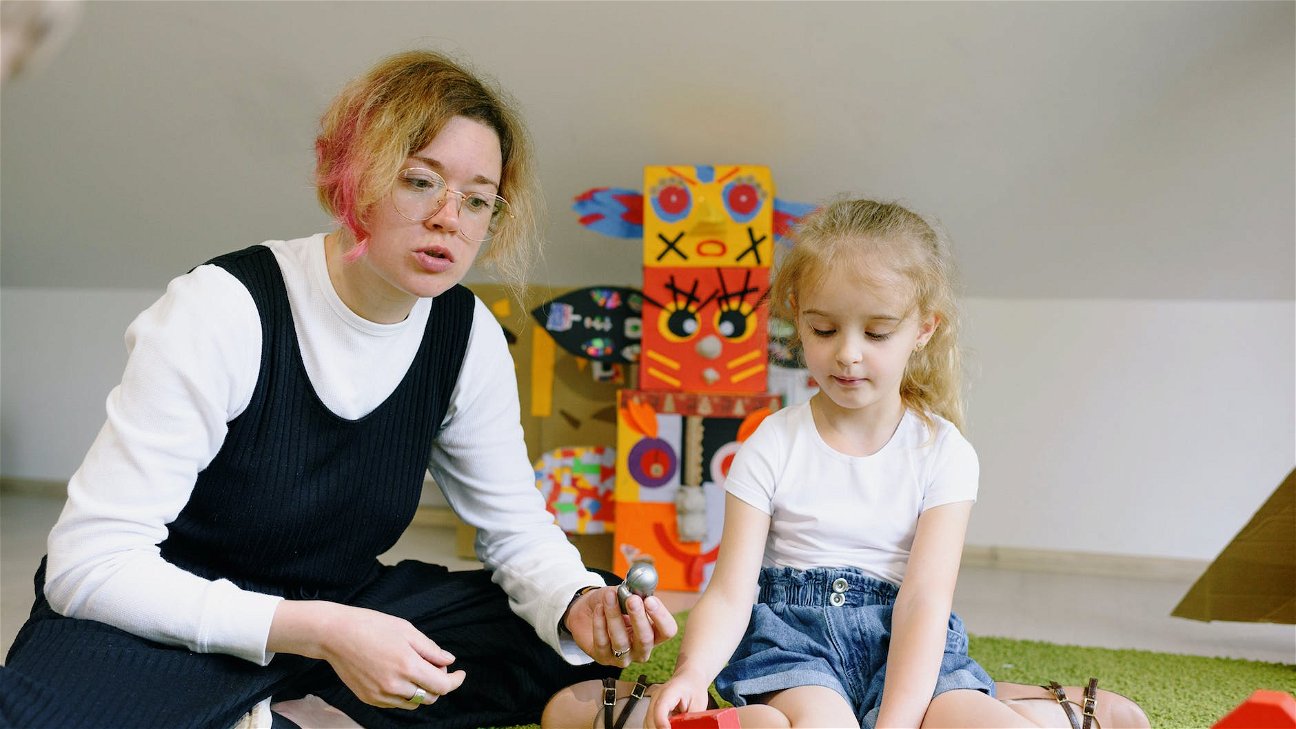
Every child experiences fear at some point. It's a natural part of growing up. As a parent, it's essential to understand this emotion in your child to provide the necessary support and reassurance. Fear can stem from a variety of sources, and it’s crucial to identify these triggers to help your child overcome them. In this article, we delve into the depths of children’s fear and equip you with the knowledge and strategies you need to guide your child through their apprehensions.
Understanding children's fear
Children’s fear is a complex emotion, often triggered by perceived threats or unfamiliar situations. It's an integral part of their development process as it teaches them to be cautious in potentially dangerous situations. However, when these fears become persistent or cause distress, they may interfere with your child's daily life.
Some common childhood fears include fear of the dark, insects, strangers, or specific situations like going to the doctor. These fears often change as your child grows older, with new fears replacing the old ones. It's important to remember that each child is unique, and what may seem trivial to an adult can be genuinely terrifying for a child.
Signs of fear in children
Recognizing fear in your child can be challenging as it often presents itself in various ways. Here are some common signs:
- Excessive worrying or negative thoughts
- Avoidance of certain situations or places
- Physical symptoms like headaches or stomachaches
- Difficulty sleeping or nightmares
- Clinginess or difficulty separating from parents
Causes of fear in children
Children's fears can be caused by various factors, ranging from their imagination to real-life experiences. Some potential causes include:
- Scary stories or movies
- Traumatic events
- Changes or disruptions in their routine
- Fear of failure or making mistakes
Parenting tips for handling fear
As a parent, it's crucial to validate your child's fears and offer comfort and reassurance. Here are some strategies to handle your child's fear effectively:
-
Open communication: Encourage your child to express their feelings. Open and honest communication can help alleviate their fears and reassure them that it's normal to feel afraid sometimes.
-
Validation: Validate your child's feelings instead of dismissing them. Let them know that it's okay to feel scared and that you are there to protect them.
-
Exposure: Gradual exposure to the fear-inducing situation can help your child overcome their fear. Start small and build up gradually.
-
Modeling: Show your child how to handle fear by modeling brave behavior. This can help them understand that everyone experiences fear and learns to cope with it.
-
Professional help: If your child's fear becomes persistent and interferes with their daily life, consider seeking professional help.
Remember, building a supportive environment for your child to express and manage their fears can go a long way in helping them deal with their anxieties. As a parent, your understanding, patience, and love can make all the difference in your child's journey towards overcoming their fears.











